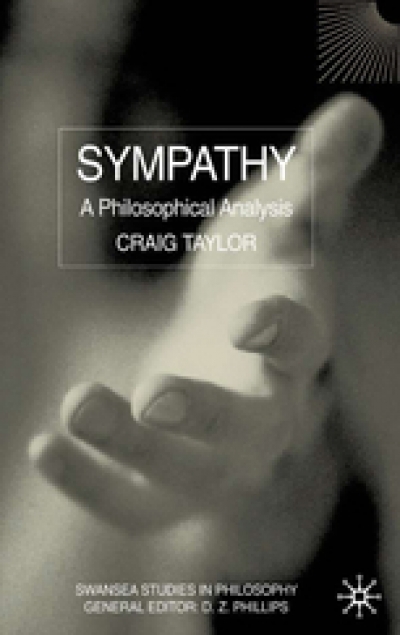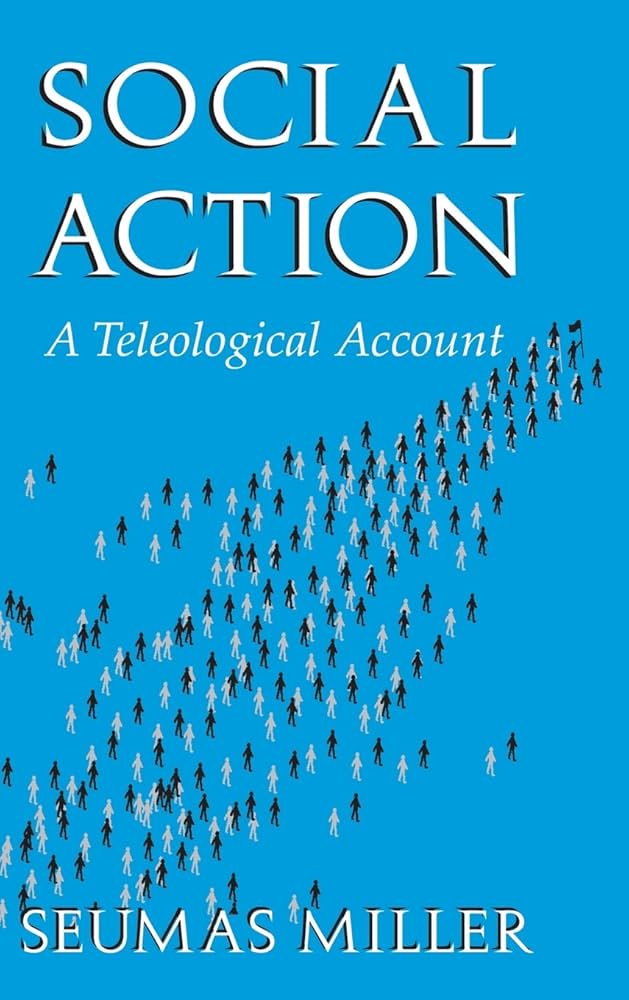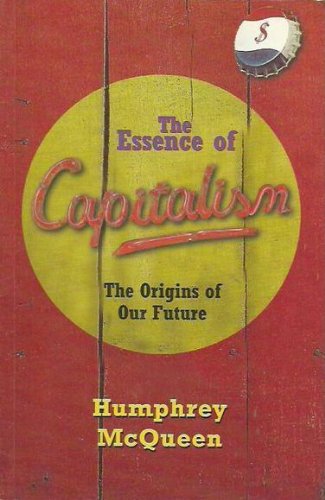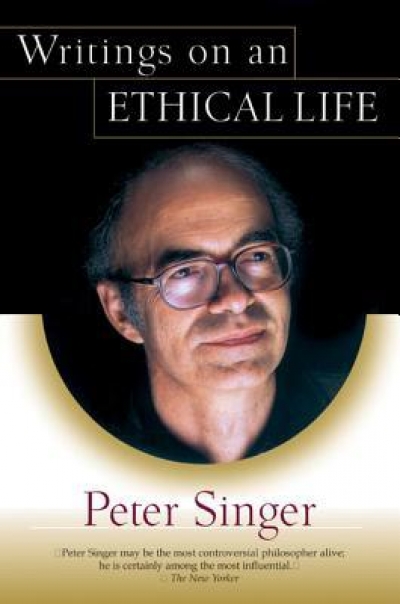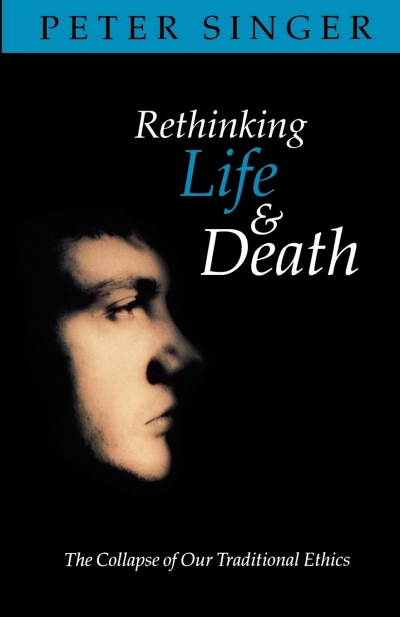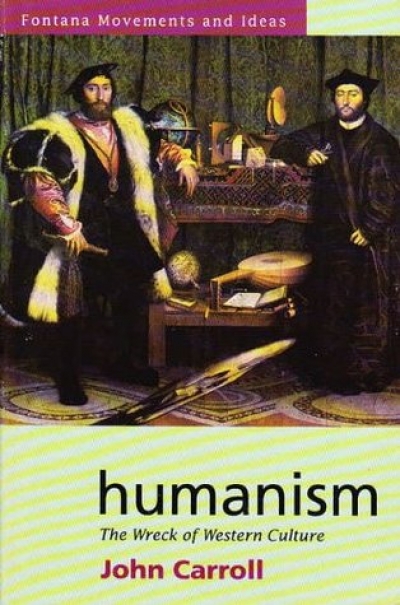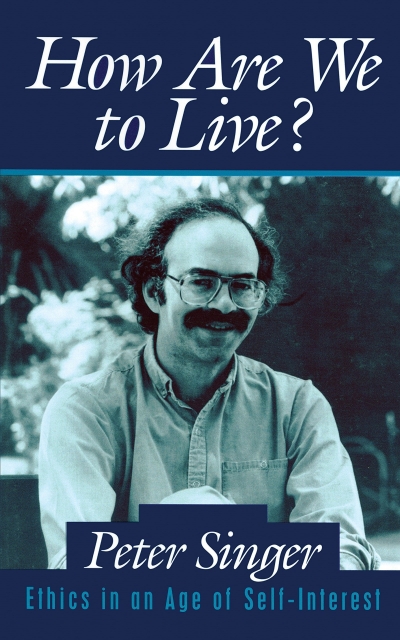Philosophy
In 1958 Oxford philosopher Elizabeth Anscombe, whose demolition of C.S. Lewis in a Union debate a few years earlier was said to have driven that colleague to fiction, turned her sights on a bigger target: modern moral philosophy. The then-dominant notions of obligation and duty ‘ought to be jettisoned’, she declared, as they make no sense in the absence of a lawgiver, or at least of some external source of value, and these days their presence is no longer assumed. But ‘If there is no God,’ said Dostoyevsky’s Grand Inquisitor, ‘then anything is permitted.’ If reason, religion and utility can’t field our moral questions, what tells us to not lie and steal?
... (read more)The looter held a sign in one hand as he pushed a trolley overflowing with stolen goods in the other. His sign read, ‘Thank you, Mr Bush’. It was not, I suppose, the kind of gratitude George W. Bush had expected. The next day’s looting was not likely to raise a smile: private homes, great museums, and hospitals were ransacked. Vigilantes exercised rough and sometimes cruel justice. There will be worse to come when mobs catch Saddam Hussein’s brutal functionaries. Again, we will be reminded that oppression does not even make people noble, let alone good.
... (read more)Explanation in social theory or social science must come down to the choices, decisions and actions of individual human beings and their reasons for acting. Obviously, this does not rule out earthquakes, floods and meteor storms as powerful causes of historical and social change; but they only change the human world via the agency of human beings. Seumas Miller’s book does not mention ‘methodological individualism’, and it is a gloss to relate it to that debate in philosophy of social science. Miller argues against the existence of any entities other than human beings (and some other animals) who have beliefs, intentions and ends. There are no irreducibly collective or corporate beliefs and intentions. What underlies the appearance of collective belief or intention are ‘joint actions’ and ‘collective ends’. A collective end is an end that a person has and cannot realise or bring about without engaging in joint action with beings who also have that end.
... (read more)Ethical Encounter: The Depth of Moral Meaning by Christopher Cordner
Moral philosophy is often disappointing to those who, unaware of the nature of the subject, look there for insight into the human condition. One reason for this is that, ever since Aristotle rejected Socrates’ strange identification of knowledge and virtue, and insisted that the moral consists of doing rather than knowing (or, in the language of the profession, of practical rather than pure reason), astonishingly few philosophers have reconsidered the extent to which moral questions may be questions of understanding. But, without some such notion, morality will not have depth and nor, therefore, will the moral philosophy that purports to elucidate it.
... (read more)The Essence of Capitalism: The Origins of Our Future by Humphrey McQueen
This is a large yet very readable book. There are three strands to this work: a demonstration of the inexorable tendency of a market economy to oligopoly; an explanation of the ease with which money can set ethical consideration aside; and an account of the development of the companies that make and market Coca-Cola. While McQueen has strong opinions, he is careful to separate his critique from his account, and he supports both his opinions and his account with extensive referencing and a substantial bibliography.
... (read more)Peter Singer occupies a distinguished position at the Centre for Human Values at Princeton University and is frequently described as the most influential of living philosophers. The front cover of this new selection of his writings couples him with Bertrand Russell and, in some respects, the comparison is sensible. Both philosophers have written clearly and simply on issues that are of interest not only to specialists. They have attracted a wide reading public and achieved the kind of celebrity and notoriety rarely associated with philosophers. Both have been activists – Russell mainly in the cause of pacifism and nuclear disarmament, Singer in the cause of animal liberation and the preservation of the environment – and both have stood for parliament.
... (read more)Rethinking Life and Death: The collapse of our traditional ethics by Peter Singer
There is no doubt of viciousness of existence. Bertolt Brecht spoke of how one minute you are striding out freely down a merry boulevard, the next poleaxed by a great lump of steel fallen from the heavens.
... (read more)Volatile Bodies: Towards a corporeal feminism by Elizabeth Grosz
Volatile Bodies is an important book: its challenge is nothing less than the development of a non-essentialist, feminist philosophy of the body.
... (read more)When Naomi Wolf’s The Beauty Myth appeared in Britain, British feminists asked, ‘where has Naomi Wolf been for the last 20 years?’ The same question might well be asked of John Carroll. His assessment of humanism seems imperiously oblivious to structuralist and poststructuralist critiques of the humanist edifice.
... (read more)How Are We To Live?: Ethics in an age of self-interest by Peter Singer
For over a decade, Peter Singer has been one of those public intellectuals we are supposed by some not to have. In the past, however, the problem with him has been that his thinking has often been about matters not seen to concern the public at large, animal liberation, for example. But events have hurried us all forward. Even a few years ago it was possible for mottoes like ‘greed is good’ or pronouncements like Mrs Thatcher’s that ‘there is no such thing as society, there are only individuals’ to seem not only provocative but hard-headed. The good life, we were, many of us, persuaded, was synonymous with goods, our heroes were experts in money-making – having and spending, ethics seemed to be a matter of preserving the appearances, not getting caught.
... (read more)

